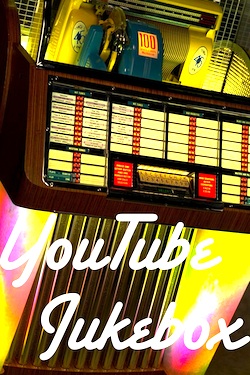By David Ross. The dynamics of rock and its offshoots are very strange. Young men make a ruckus and recede into burnt-out abeyance or empty iconicity. Why should this be? The law of diminishing returns does not especially apply to painting, poetry, or fiction. Milton began Paradise Lost at age fifty. Yeats did not begin to write his greatest poetry until roughly the same age. Yeats’ late poem “An Acre of Grass” indicates his geriatric ferocity:
 Grant me an old man’s frenzy,
Grant me an old man’s frenzy,
Myself must I remake
Till I am Timon and Lear
.
Why do bluesmen deepen and roughen and come to perfection, while rockers become parodies of themselves? Drugs take their toll, I’m sure. It may also be that rockers’ aesthetic aspirations merely euphemize the deeper lust for fame and fortune, upon achievement of which the creative apparatus begins to shut down.
Flamenco’s great guitarists shame the oligarchs of rock. These liver-spotted old men play with immense pride and passion, confirming what Hemingway says in Death in the Afternoon, his treatise on Spanish bullfighting: “In Spain honor is a very real thing. Called pundonor, it means honor, probity, courage, self-respect and pride in one word. . . . Honor to a Spaniard, no matter how dishonest, is as real a thing as water, wine, or olive oil.” The Spanish flamenco guitarists of the previous generations were full of honor in this sense. Like the great toreador Maera, they “gave emotion always” as a matter of their own arrogant mastery. Can we say the same of any member of the Rock and Roll Hall of Fame?
Sabicas (b. 1912) is my ideal; so too Carlos Montoya (b. 1903), despite occasional errant notes (for Sabicas, see above; for Montoya, here and here). They represent precisely the “old man’s frenzy” that Yeats has in mind. Coincidentally or not, both were of Romani origin.
The great Flamenco guitarists of the younger generation – Paco Pena (b. 1942), Pepe Romero (b. 1944), Paco De Lucia (b. 1947) – are astonishingly virtuosic, but cooler and more clinical, less evocative of old Spain as I imagine it. Fair or not, I see conservatory practice rooms instead of sun-baked streets, dusty markets, girls parading in the evening. What’s lacking is swagger, sensuality, the manly disregard that purifies Maera in Hemingway’s telling:
He was driving and the bull was driving and the sword buckled nearly double and then shot up into the air. As it buckled it dislocated his wrist. He picked the sword up in his left hand and carried it over to the barrera and with his left hand pulled out a new sword from the leather sheath his sword handler offered him.
“And the wrist?” the sword handler asked.
“F*k the wrist,” Maera said.
Posted on January 10th, 2012 at 7:54pm.
I think you’re confusing rock and roll lifestyle (and its cult following, and its marketing, which has been pretty consistent over the decades) with music. Guitarism is the same whatever the music genre. The same with film, I’d say: trying to understand an art through the fame certain individuals have accrued screws things up, as if the fame is indicative of value….Rock and roll probably predates mostof the readership at Libertas, but its still a baby genre. And it may die out (why not) as a 20th century flash-in-the-pan.